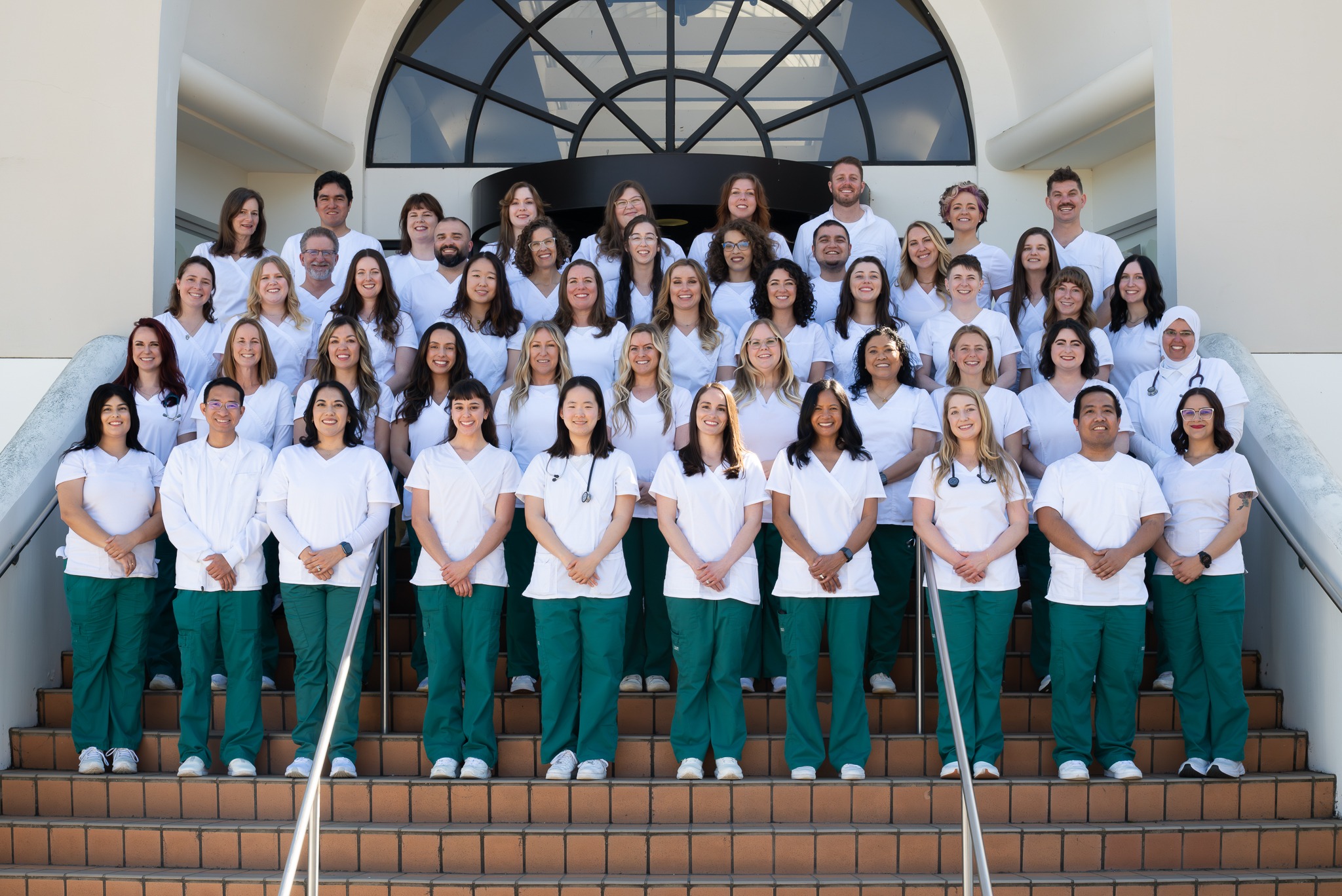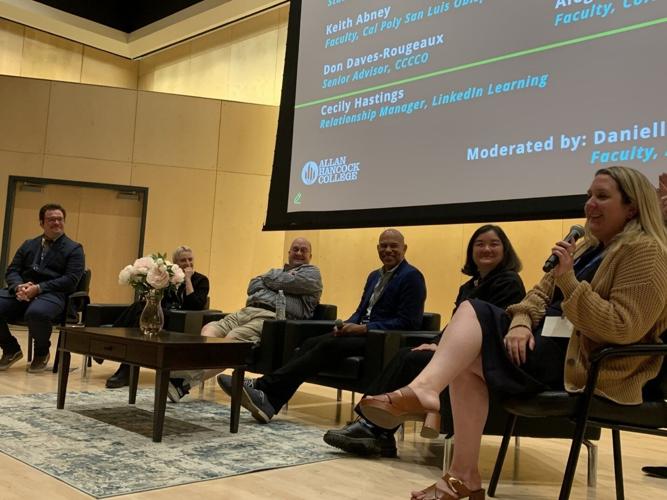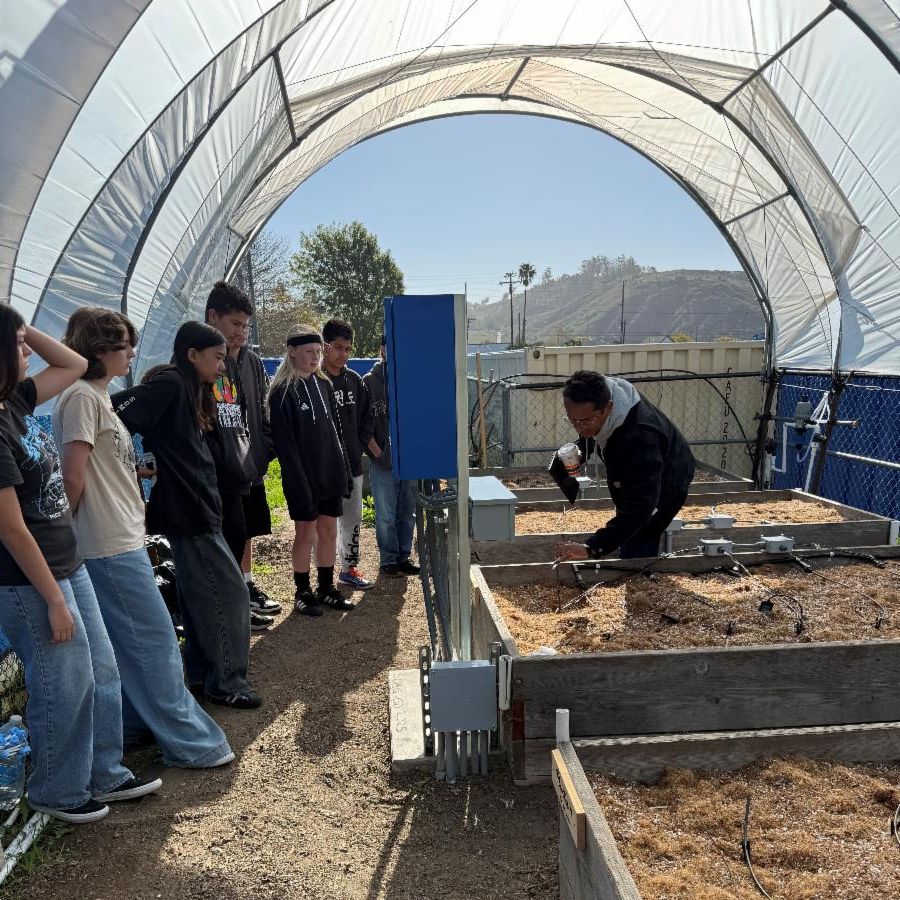Enrollment in the agricultural science certificate and three agricultural degree programs – agricultural science, plant science, and agricultural business – created with an ATE grant at Allan Hancock College in Santa Maria, California, grew in the past year while community college enrollments in California and nationally decreased.
For example, the number of declared agricultural science majors increased from 109 students in 2018-2019 – the first year of the program – to 317 in 2019-2020. During 2019-2020, the headcount enrollment in agricultural science was 465, a 172% increase from the year before when the headcount, which includes non-majors, was 171.
During 2020-2021 – the year of COVID-19 restrictions – the headcount enrollment in agricultural science courses increased to 529 students. That was a 14% increase at a time when overall headcount at Allan Hancock College decreased by 8%. Enrollment at U.S. community colleges dropped 9.4% from fall 2019 to fall 2020, according to the National Student Clearinghouse Research Center.
“Anything agriculture happened as a direct result of the NSF ATE grant,” said Erin Krier, principal investigator of Creating Precision Agriculture and Crop Protection Pathways via Industry Partnerships (Award #1800889). Prior to Allan Hancock College receiving a $225,000 grant from the National Science Foundation’s Advanced Technological Education program, the Central Coast college had an established viticulture and enology degree program that focuses on wine-making. However, it had only a smattering of courses in other aspects of agriculture. And none of those courses led to agriculture-specific credentials.




